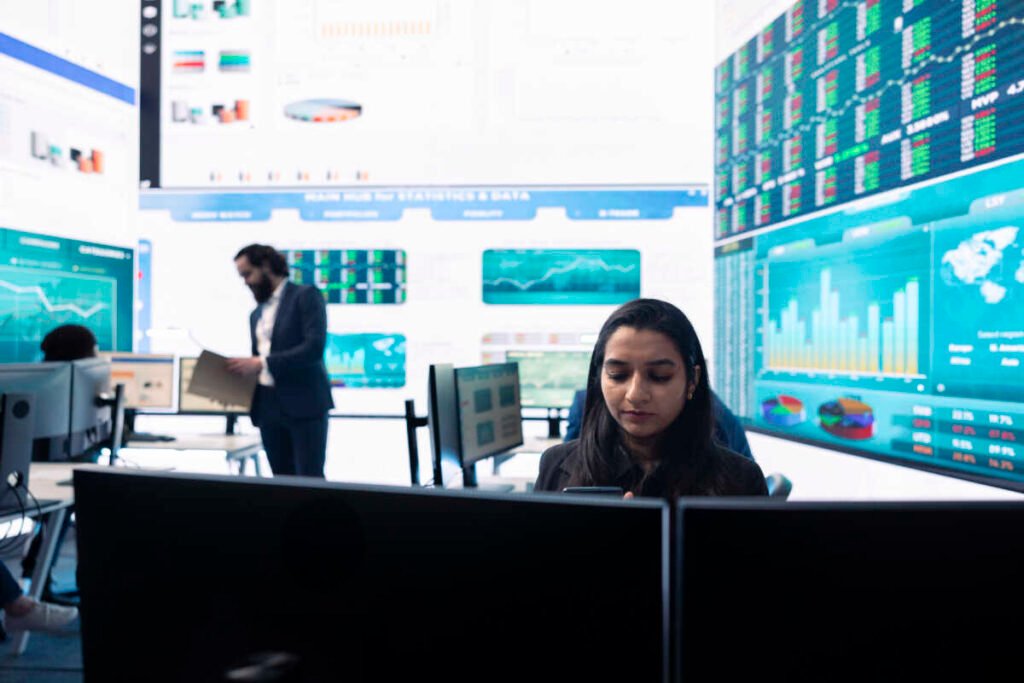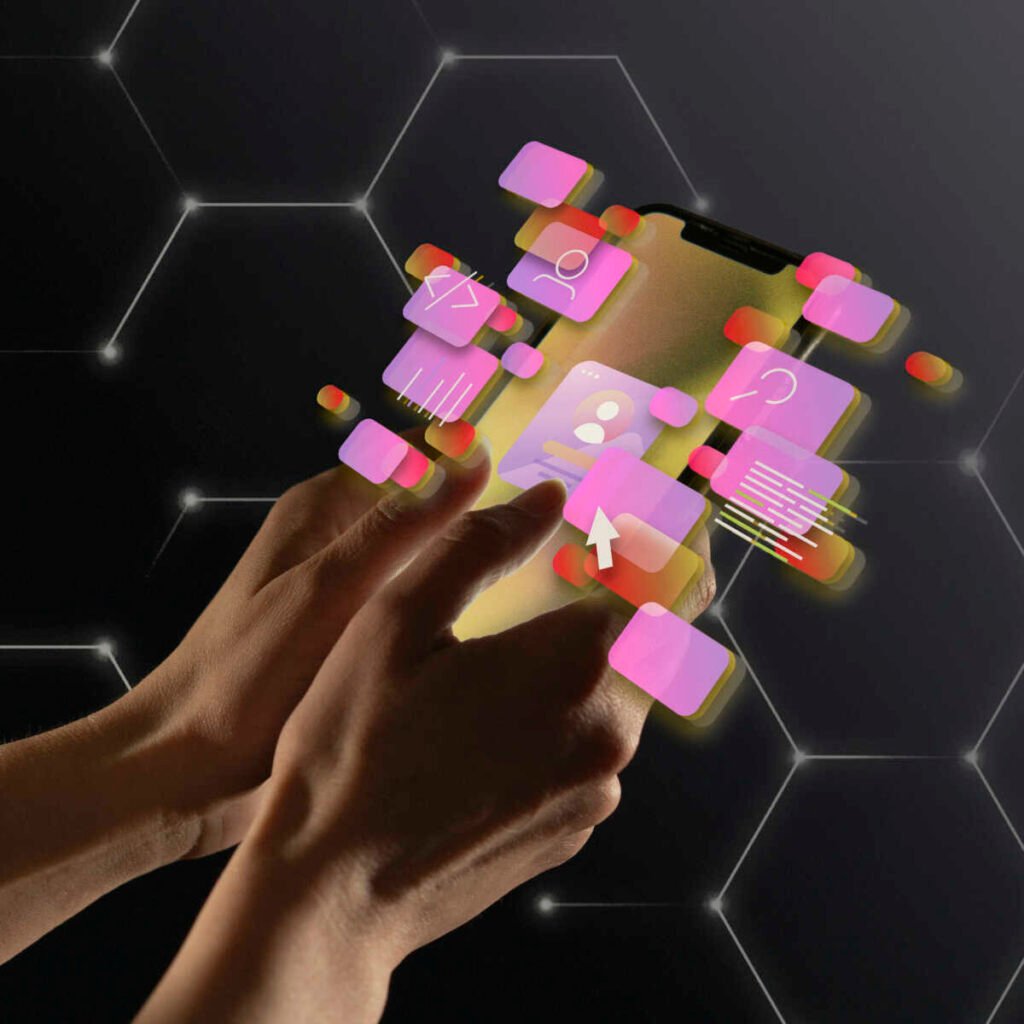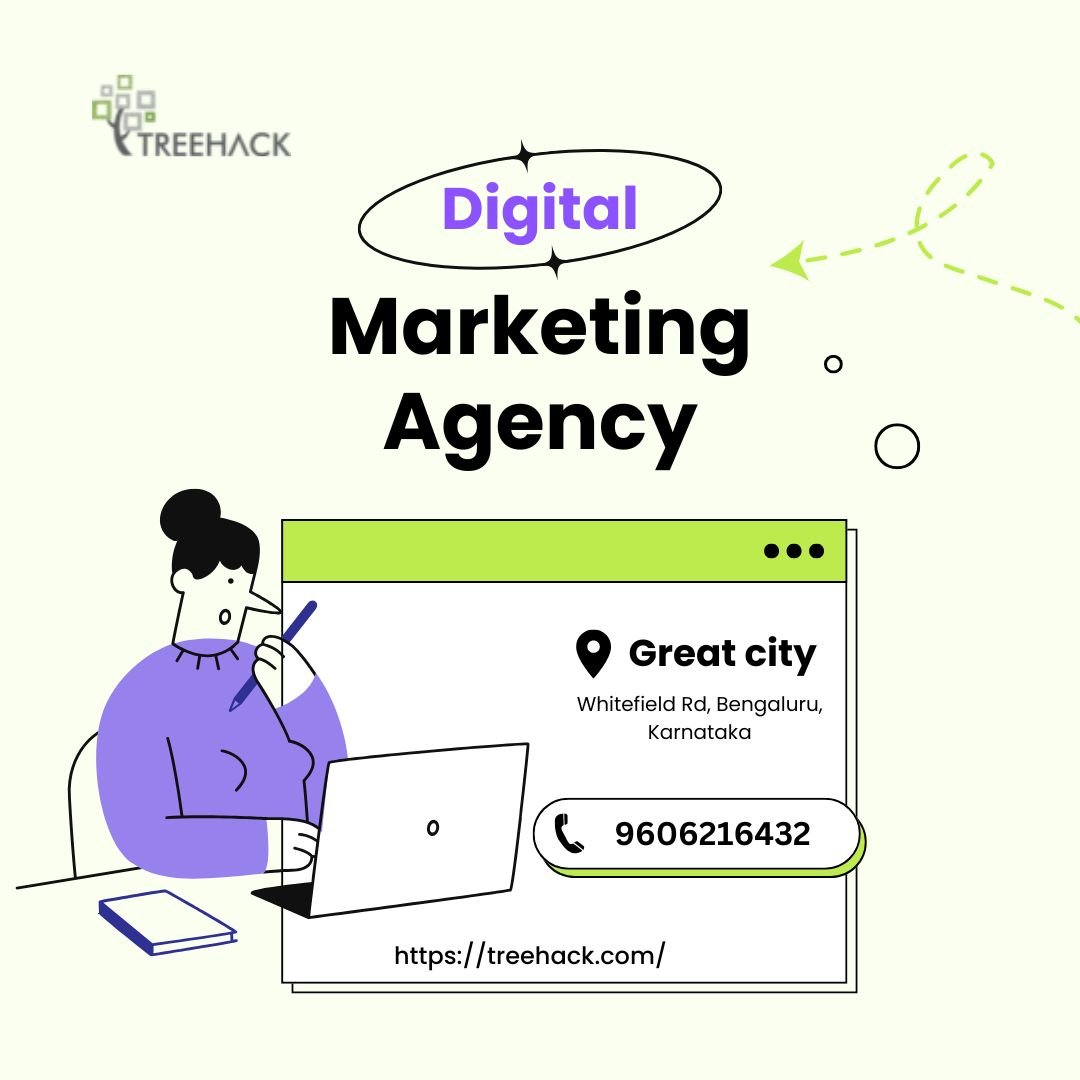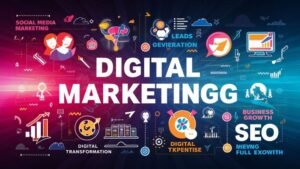In 2024, the top 10 digital marketing agencies in India, need to keep up with current trends and try to incorporate tools like AI, ML, and automation to increase personalization as well as ease processes. As individuals begin to realize their potential and raise complaints, a hyper-customization approach seems to be a smart way out for organizations. On the other side, optimizing for voice searches and videos that only last a few minutes will become content strategies. This shall also involve marketing and promoting sustainability and purpose-driven ideas and influencer marketing will lean more towards micro and nano influencers. Rising concerns about data privacy will lead to the popularity of zero-party data, blockchain will secure utopian models of practical transparency for digital advertisements. There will also be chatbots enhancing customer interaction in real-time with conversational marketing. Leading agencies like Webchutney, Gozoop, and Dentsu Webchutney are making that very sure by incorporating these trends in their strategies to remain relevant in the constantly changing digital landscape.
What are the marketing priorities in 2024?

Personalization of content, data privacy, and ethical engagement approaches based on value – these will be the key marketing priorities in 2024. The ‘best 10 digital marketing agencies in India’ tend to focus more on individualization rather than demographic content therefore content personalization along with AI-powered customer experiences have become the norms of practice within the industry. AI tools leverage brands by helping them to customize and provide supportive messages and data-driven recommendations instantaneously.
As we are facing more and more data regulations, agencies are now focused on first-party data collection and usage for the purpose of strengthening consumer security and trust. Sustainable and ethical marketing practices are also becoming important as consumers are turning to brands for their values around social and environmental issues too.
For content strategies, a shift towards short-form video, interactive, and AR/VR content is most likely inevitable as these mediums drive higher engagement. In the end, it seems that the future of marketing in 2024 requires integrating features of modern technologies with real consumer relationships and providing value-oriented brand communications.
What is the marketing trend report for 2024?

According to the trends in the 2024 marketing trend report, AI and cutting-edge technologies, such as data analysis and augmented and virtual reality (AR and VR), are poised to be the industry leaders. The market is experiencing rapid expansion in social commerce as businesses are embedding additional shopping features to improve the buying experience. Furthermore, there is a growing appetite for short videos, notably through platforms like Instagram Reels and TikTok. Optimizing voice search techniques is critical this season because there is a growing number of voice-activated devices in households.
What is the future of digital marketing in 2025?

The evolution of the world of digital marketing in 2025 is indeed expected to have a focus on new age data analytics and automation which will enable brands to carry out their marketing campaigns effectively. There are a few trends expected to influence the industry in the future:
- Big Data Capabilities: The future of AI is likely to expand so much which will allow the industry to be micro-targeted towards its end users through hyper personalization in real time. Brands will have no choice but to get to know their customers personally and come up with specific and personalized content that moves the customers dramatically.
- Higher level of privacy and data cover: The balance for privacy will remain top of the table in consumer concerns, hence the need for stronger consumer data protection laws. Blockchain technology could enable safe data management, which would allow users to manage how their data is used securely and transparently.
- AI-Driven Automation: Everything from content writing and advertising to customer service will be automated using AI chatbots. This will reduce the cost, allowing marketers to shift their attention to strategy and creativity.
- Voice and Visual Search Optimization: As voice-activated assistants find their way in the mainstream, marketers will adjust their content’s tonal structures to be more situational. Visual search engine tools have similarly evolved and will have a profound impact on the interactions users have with brands.
- Augmented Reality (AR) and Virtual Reality (VR): AR and VR will enhance the consumer experience as they will allow customers to preview products and services before they purchase them. Such trends will for example be relevant in retail and real estate where it will be possible to “test the product” before ordering it.
- Ethical Marketing and Inclusivity: Focused brands that are ethical, inclusive, and environmentally friendly will earn consumer trust. More and more, transparency, authenticity, and social awareness are critical elements of consumer decisions.
- Concentration on First-Party Data: Since third-party cookies will no longer be used, entities will gather first-party data to gather insights of their audiences around them. This will deepen customer relationships and prolong commitment and interactions.
- Expansion of Influencer and Community Marketing: Consumers will be increasingly driven by the influencers they trust and brand communities, leading to their deeper integration into marketing strategies. The demand for nano and micro-influencers, who are more likely to have deep influence over a small but often engaged audience in niche areas, may also increase.
How digital marketing is going to evolve in future?

To the probable future scenario, we would add that the possibility of further the integration of digital marketing into the client’s day-to-day activities would increase driven by increasing AI automation tools like Chat GPT. This means that customers will be at the receiving end of swift and more effective responses. We might see AI-driven virtual brand endorsements or virtual reality versions allowing customers to ‘experience’ products in an innovative manner as one of the next big trends. By harnessing these up-and-coming technologies, the ‘best 10 digital marketing agencies in India’ search will span a wider net and will be able to incorporate such tools to assist with these marketing experiences, and so as the changing of customer s ervices.However, in what seems like an investigation of what the future holds for digital marketing, we can claim that it has to do more with technology combined with a human aspect, where the humans enhance the relevance of the interactions Touchpoints. There would be increasing platforms Chat GPT type which will assist brands in transferring real and living dialogues with their stakeholders.
What is the next big thing in digital marketing?

Now, you can begin separating the wheat from the chaff. The next big thing in digital marketing is going to be generative AI but also increasing incorporation of other immersive technologies like AR and VR. These advances are likely to change how brands will connect with the customers – for the better since new touch points and interaction are necessarily added.
Furthermore, these new technologies, AR and VR, will allow the customers to try out the products and visualize them, for instance, imagine wearing a dress or a jacket or imagining in which corner of the house the furniture would best fit. Such a virtual reality has a positive effect on customer satisfaction and prolongs the interaction time, which in turn leads to increased conversion rates. As these technologies grow, the brands utilizing them will be different because they would provide experiences above advertisement and real-world interactions.
In conclusion
Remaining competitive within the digital marketing realm in 2024 is going to require accepting trends such as AI personalization, AR/VR integration within experiences, social commerce, and privacy measures. The top 10 digital marketing agencies in India are already using ChatGPT or similar tools to make their clients’ connections with prospects more effective, produce engaging content, and provide information that targets consumers who are evolving. As the digital world continues to change, agencies that embrace such dynamics are set to not only attract attention but also build strong brand loyalty and trust in the technology-driven marketplace.





